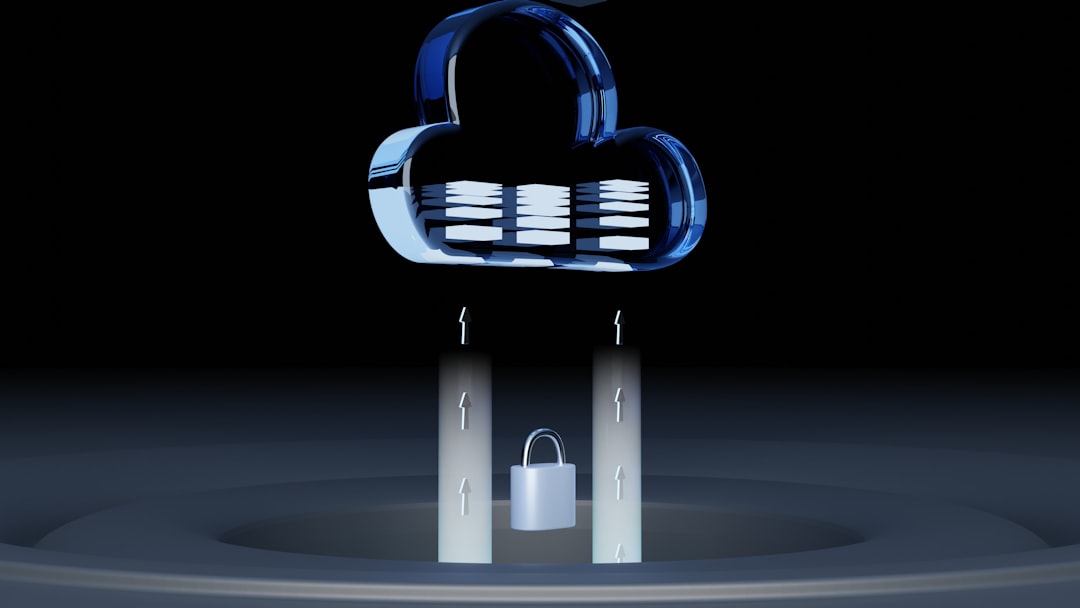
In today’s hyper-connected digital world, internal network security is more vital than ever. Companies rely on intranets to connect teams, share sensitive data, manage internal tools, and maintain operational workflows. As cyber threats become more sophisticated, ensuring that all internal communications are secure has transitioned from a luxury to a necessity. Enter the essential role of Intranet SSL Certificates in 2025—a technology that has evolved into a core pillar of enterprise network security.
What Are Intranet SSL Certificates?
Secure Sockets Layer (SSL) certificates, commonly associated with encrypting external-facing websites, are equally crucial for internal networks. An Intranet SSL Certificate ensures that data transmitted within a private network is encrypted and secure from unauthorized access, even if that data never leaves the confines of the company firewall.
Unlike public SSLs, which are issued by worldwide trusted Certificate Authorities (CAs) and meant for public-facing domains, intranet SSL certificates are typically used on internal domains or IP addresses, encrypting communications between intranet servers, employee workstations, internal portals, APIs, and internal web applications.

Why Are Intranet SSL Certificates Crucial in 2025?
Technological advancements come with both evolution and risk. The year 2025 presents a more complex cybersecurity landscape due to remote work, hybrid office models, cloud integrations, and increasing DevOps adoption. Here’s why Intranet SSL Certificates are indispensable:
1. Mitigating Internal Threats
One of the most underestimated cyber threats is from within the organization itself. Either through rogue employees or compromised devices, internal threats can bypass perimeter security. SSL certificates help protect against these by encrypting data, rendering it useless to anyone without the proper decryption keys.
2. Secure Remote Access
The remote and hybrid work trends have solidified their presence in the modern enterprise. Employees often access internal networks from home or while traveling. Without proper encryption, sensitive information could be intercepted during transmission. Intranet SSL certificates ensure secure authentication and data integrity for users connecting remotely via VPNs or direct cloud access points.
3. Compatibility with Modern Browsers and Systems
Beginning with updates to Microsoft and Google Chrome policies, modern browsers increasingly block internal domain names or self-signed certificates. In 2025, operating systems and browsers now enforce strict certificate validation—even for intranet-connected resources. Properly configured and trusted SSL certificates help avoid these interruptions and errors.
4. Compliance with Data Protection Regulations
Governments and regulatory bodies worldwide have taken a strong stand on data security. HIPAA, GDPR, PCI DSS, and similar compliance frameworks now require encryption for all sensitive data, including internal transmission. Using Intranet SSL Certificates is an effective way to ensure data resilience for audit-readiness and compliance adherence.
5. Protecting Internal APIs and Microservices
As enterprises move toward microservices architecture, internal APIs are everywhere—from HR systems to CI/CD pipelines and internal dashboards. Each communication instance, if unencrypted, can serve as a potential vulnerability.
Intranet SSL certificates secure these internal interactions and enforce trust relationships between services, greatly reducing the attack surface from internal exploits or compromised services.
Challenges of Not Using SSL within Local Networks
Organizations that still rely on older system architectures or self-signed certificates not only face browser errors and accessibility challenges but also increase their overall cyber risk.
- Man-in-the-Middle (MITM) Attacks: Without SSL, attackers can intercept and manipulate communications within the network.
- Network Sniffing: Unencrypted internal data transmissions can be captured using packet sniffers.
- Zero Trust Implementation Roadblocks: SSL is a key tenet to implementing a zero-trust model, where each connection is verified and secured.

The Rise of Internal PKIs
To address the growing need for internal certifications, many businesses in 2025 are deploying their own Private Key Infrastructures (PKIs). This allows organizations to issue and manage their own SSL certificates based on an internal trusted root authority. While this adds administrative complexity, it allows deep customization and security control for issuing short-lived certificates, revoking compromised credentials, and scaling operations securely.
Best Practices for Deploying Intranet SSL Certificates
Setting up internal certificates is more than just issuing a certificate and installing it. The following are important best practices every IT administrator should consider:
- Use a Trusted Internal CA: Establish a root CA and intermediate certificates specifically for internal usage. Install and trust these on all internal endpoints.
- Enable Auto-Enrollment: Use Active Directory (AD) or alternative services for automating certificate enrollment and renewal for devices and services.
- Enforce TLS Everywhere: Ensure all internal services, web apps, and APIs default to HTTPS and enforce TLS v1.2 or higher.
- Audit and Monitor Certificates: Use centralized management to keep track of certificate expiry, misconfigurations, and revocation statuses.
- Segment Usage for Clarity: Separate SSL use for DevOps pipelines, internal services, and user portals for better certificate hygiene.
The Transition from Legacy Systems
One of the challenges that companies face when implementing Intranet SSL in 2025 is transitioning from older systems. Legacy applications may not support modern encryption standards or may function improperly when forced to comply with strict SSL policies. Companies must invest in updating or wrapping legacy applications with proxies or API gateways that support SSL/TLS encryption to maintain secure communication.
Looking Ahead: The Future of Internal Network Security
By the time we reach the end of 2025, cybersecurity will be defined more by proactive measures than reactive attempts. Encryption, verification, and automation will become second nature in IT environments, and intranet SSL certificates will be a standard layer of defense—not an afterthought. Emerging technologies like Quantum-Resistant Cryptography also stand to shift the landscape, but even these advancements will rely on foundational measures like SSL to operate securely until they fully mature.
Here are a few projected trends regarding SSL within internal environments:
- Fully Automated Certificate Management using AI: Predict expiry, auto-renew, and instant revocation based on behavioral analytics.
- Seamless Integration with Zero Trust Networks: SSL serving as a foundational validation tool in distributed workloads.
- Short-Lived Certificates: Valid for minutes or hours, reducing the risk window considerably.
Organizations that build their security infrastructure today around encryption and certificate management will lead tomorrow’s secure business ecosystem.
Conclusion
The idea that an internal network is inherently safe is now obsolete. Cybersecurity is no longer limited to protecting the perimeter. In 2025, Intranet SSL Certificates are not just essential; they are foundational to any comprehensive security posture. They protect internal applications, ensure secure remote access, facilitate regulatory compliance, and enable reliable system interconnectivity—all while aligning with the future-proof demands of evolving digital infrastructures.
As threats grow and IT ecosystems diversify, encryption everywhere—including inside your internal walls—is the new benchmark of a modern, responsible business.






